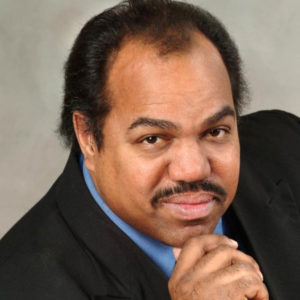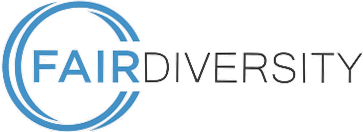Pro-Human Focus
- An individual’s unique qualities — the ultimate level of diversity
- Our shared humanity — the common elements that unite all of us
- Distinct sociocultural identities
The Science Behind the Training
The research is clear: a focus on shared identity, common ground, and similarities fosters greater peace, communication, and relationships. Focusing on differences and making social identities salient creates ingroup preferences and outgroup anxieties, leading to more division. There is a way to honor unique cultural and social identities while keeping common humanity at the forefront. This is the Pro-Human approach.
- Most diversity trainings fail. They do not result in more diverse work cultures, and many foster anger, resentment, and division. [1]
- Twenty years of research into Intergroup Contact Theory suggests that focusing on shared identity AND honoring unique cultural differences are important in fostering positive intergroup experiences. [2]
- Cross-group friendship has been associated with more inclusive identities which, in turn, are associated with more positive relations. [3]
- Balancing shared identity with distinct cultural identities is important for positive relationships in diverse groups. [4,5]
About Daryl Davis
 On a quest to do nothing more than explore racism and gather information for his book, Klan-Destine Relationships, Daryl Davis eventually became the recipient of numerous robes and hoods given to him by KKK members who rescinded their beliefs after coming to know him. He had inadvertently stumbled upon a successful method of forming friendships between sworn enemies. His methods have made him the center of controversy in some circles where he is considered “politically incorrect,” but after proving his methods work, he has made supporters out of his detractors.
On a quest to do nothing more than explore racism and gather information for his book, Klan-Destine Relationships, Daryl Davis eventually became the recipient of numerous robes and hoods given to him by KKK members who rescinded their beliefs after coming to know him. He had inadvertently stumbled upon a successful method of forming friendships between sworn enemies. His methods have made him the center of controversy in some circles where he is considered “politically incorrect,” but after proving his methods work, he has made supporters out of his detractors.
References
1) Dobin, F., & Kalev, A. (2016). Why Diversity Programs Fail. Harvard Business Review. Retrieved from: https://hbr.org/2016/07/why-diversity programs-fail
2) Dovidio, J. F., Love, A., Schellhaas, F. M., & Hewstone, M. (2017). Reducing intergroup bias through intergroup contact: Twenty years of progress and future directions. Group Processes & Intergroup Relations, 20(5), 606-620.
3) Reimer, N. K., Kamble, S. V., Schmid, K., & Hewstone, M. (2020). Intergroup contact fosters more inclusive social identities. Group Processes & Intergroup Relations, 1-25. 1368430220960795
4) Ioannou, M., Hewstone, M., & Al Ramiah, A. (2017). Inducing similarities and differences in imagined contact: A mutual intergroup differentiation approach. Group Processes & Intergroup Relations, 20(4), 427-446.
5) Carter, A. B., & Phillips, K. W. (2017). The double‐edged sword of diversity: Toward a dual pathway model. Social and Personality Psychology Compass, 11(5), e12313.
